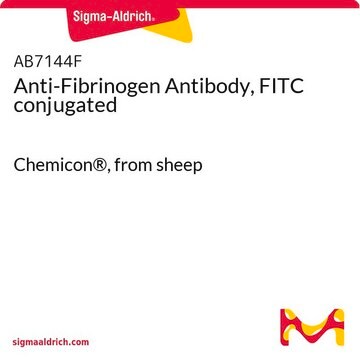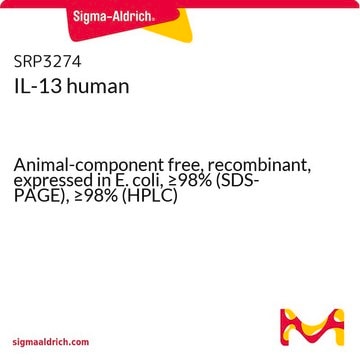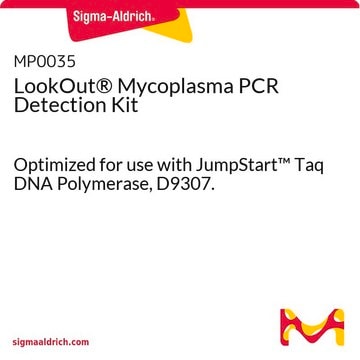F5180
Anti-Fibroblast Growth Factor-Basic antibody produced in goat
affinity isolated antibody, lyophilized powder
Synonym(s):
Anti-BFGF, Anti-FGF2, Anti-FGFB, Anti-HBGF-2
About This Item
Recommended Products
biological source
goat
Quality Level
conjugate
unconjugated
antibody form
affinity isolated antibody
antibody product type
primary antibodies
clone
polyclonal
form
lyophilized powder
species reactivity
bovine, human
technique(s)
immunohistochemistry: 5-15 μg/mL
neutralization: suitable
western blot: 0.1-0.2 μg/mL
UniProt accession no.
application(s)
research pathology
storage temp.
−20°C
target post-translational modification
unmodified
Gene Information
bovine ... FGF2(281161)
human ... FGF2(2247)
Immunogen
Biochem/physiol Actions
Physical form
Disclaimer
Not finding the right product?
Try our Product Selector Tool.
recommended
related product
Storage Class Code
13 - Non Combustible Solids
WGK
WGK 1
Flash Point(F)
Not applicable
Flash Point(C)
Not applicable
Personal Protective Equipment
Certificates of Analysis (COA)
Search for Certificates of Analysis (COA) by entering the products Lot/Batch Number. Lot and Batch Numbers can be found on a product’s label following the words ‘Lot’ or ‘Batch’.
Already Own This Product?
Find documentation for the products that you have recently purchased in the Document Library.
Our team of scientists has experience in all areas of research including Life Science, Material Science, Chemical Synthesis, Chromatography, Analytical and many others.
Contact Technical Service







